NLM Announces 2024 Michael E. DeBakey Fellows in the History of Medicine
Following its May 11, 2023 call for applications to the National Library of Medicine (NLM) Michael E. DeBakey Fellowship in the History of Medicine, NLM is pleased to announce its 2024 DeBakey Fellows:
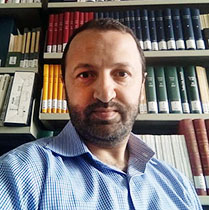 Ayman Yasin Atat, PhD
Ayman Yasin Atat, PhD
Academic Researcher, Department for History of Science and Pharmacy, Technische Universität Braunschweig, Germany
Research Project: European Medical Sources in the Manuscripts of Ibn Sallūm al-Ḥalabī
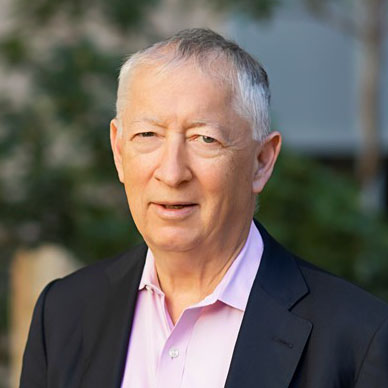 Paul D. Blanc, MD, MSPH
Paul D. Blanc, MD, MSPH
Professor of Medicine Emeritus, Division of Occupational, Environmental and Climate Medicine, University of California, San Francisco
Research Project: Dying to Make a Living—A Global History of the Way Work Sickens, Maims, and Kills
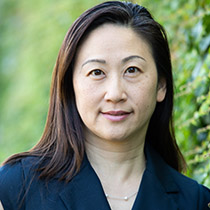 Esther Chung-Kim, PhD
Esther Chung-Kim, PhD
Professor, Department of Religious Studies, Claremont McKenna College
Research Project: Democratization of Medicine—Access to Health Care in Early Modern Europe
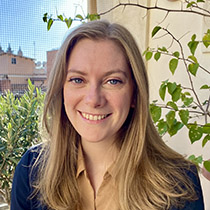 Rebecca Irvine, MA
Rebecca Irvine, MA
PhD candidate, City University of New York
Research Project: Conceptualizing Disease and New Approaches to Public Health in Iraq, 1946–1958
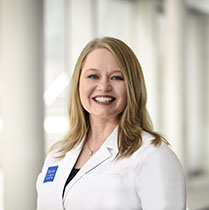 Brittany Rhoades, PhD, APRN, CCNS, FCNS
Brittany Rhoades, PhD, APRN, CCNS, FCNS
Clinical Nurse Specialist, Michael E. DeBakey Department of Surgery, Baylor College of Medicine
Research Project: The Heart of Surgery—How the Humanities Influenced Legendary Surgeon Michael E. DeBakey
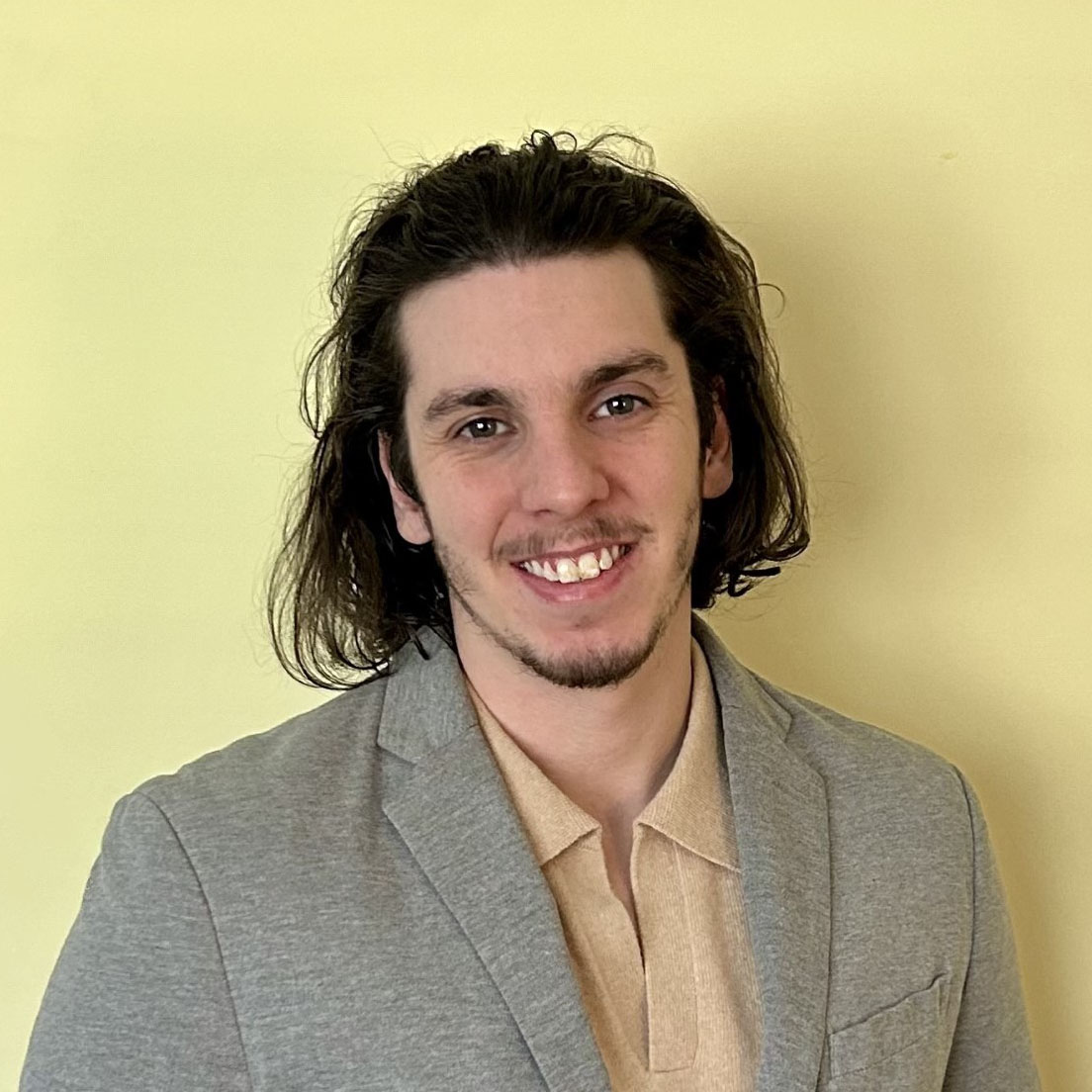 Bryan P. Stringer, MA
Bryan P. Stringer, MA
PhD candidate, Boston University
Research Project: “Health Centers Come out of the Cellar”—The United States Public Health Service and the Design of Public Health Centers in Post War America
In addition to undertaking their research projects, NLM Michael E. DeBakey Fellows will be expected to:
- Consult with NLM staff to improve on the library’s existing finding aids and related resources by enhancing the library’s knowledge of its collection and ability to provide informed access to it;
- Meet the terms of the NIH Public Access Policy for NIH-supported work, and acknowledge the NLM Michael E. DeBakey Fellowship in the History of Medicine in any resulting publications;
- Respond to NLM Office of Communications & Public Liaison and History of Medicine Division requests for interviews;
- Author at least one guest article for NLM’s Circulating Now blog, based on their research.
The NLM Michael E. DeBakey Fellowship in the History of Medicine is made possible through a gift from The DeBakey Medical Foundation.
Michael E. DeBakey (1908-2008) was a legendary American surgeon, educator, and medical statesman. During a career spanning 75 years, his work transformed cardiovascular surgery, raised medical education standards, and informed national health care policy. He pioneered dozens of operative procedures such as aneurysm repair, coronary bypass, and endarterectomy, which routinely save thousands of lives each year, and performed some of the first heart transplants. His inventions included the roller pump (a key component of heart-lung machines) as well as artificial hearts and ventricular assist pumps. He was a driving force in building Houston's Baylor University College of Medicine into a premier medical center, where he trained several generations of top surgeons from all over the world. Michael DeBakey was instrumental in bringing NLM to the NIH campus and served for many years on NLM’s Board of Regents.
For more information about materials available for historical research at NLM, as well as the NLM Michael E. DeBakey Fellowship in the History of Medicine, visit https://www.nlm.nih.gov/hmd, or contact the NLM via the NLM Support Center.

